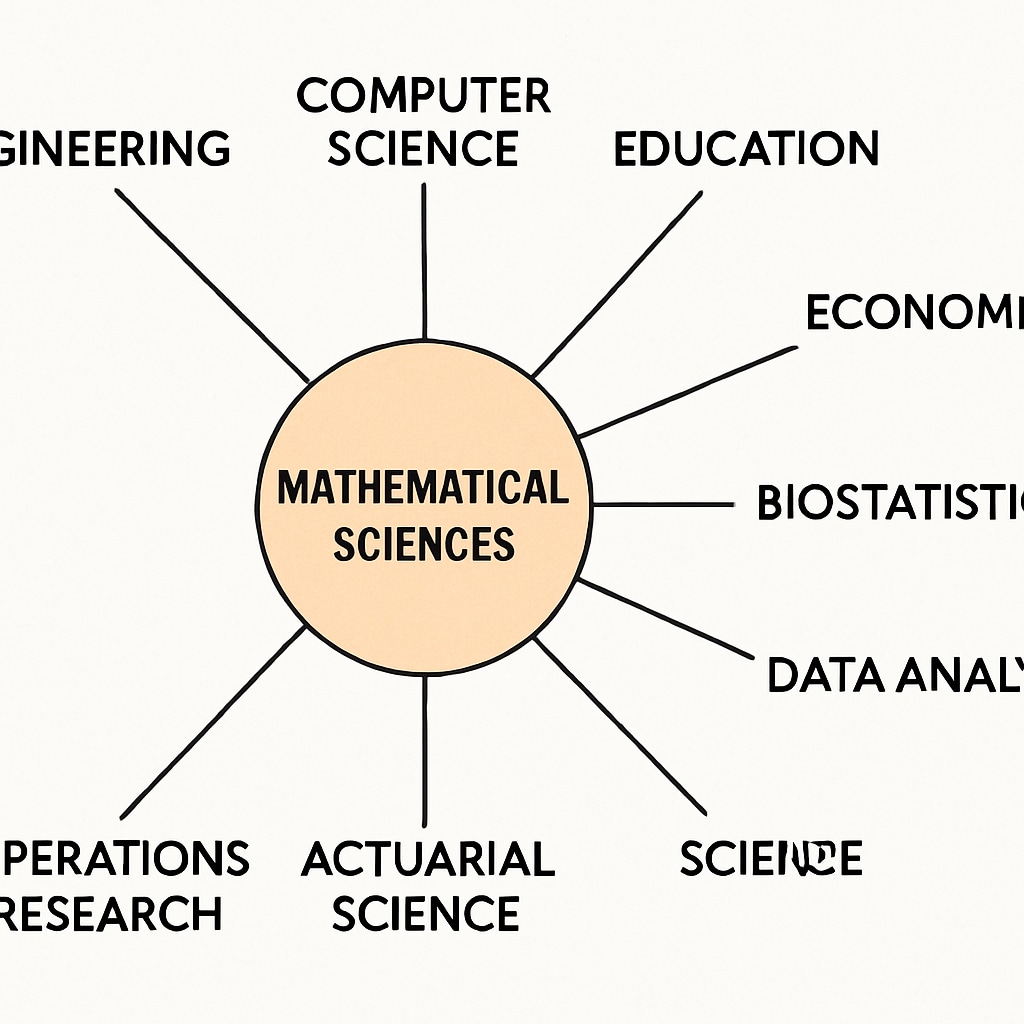For many 16-year-old high school students, choosing a college major can feel like standing at a crossroads. This life-changing decision, particularly for those drawn to mathematical sciences, is often fraught with uncertainty and pressure. The process is influenced by multiple factors, including personal interests, job market trends, and advice from family or teachers. Understanding these dynamics and adopting a structured approach can help young students make informed choices during their university applications.

Why Is Choosing a College Major So Challenging?
At age 16, students are often still discovering their passions and strengths. While some may have a clear vision of their future, many feel overwhelmed by the sheer variety of options available. The pressure to make a “perfect” decision can stem from external expectations, societal norms, or a fear of making irreversible mistakes.
For those interested in mathematical sciences, the challenge is compounded by the field’s breadth. Mathematics can lead to careers in areas ranging from data science and engineering to finance and academia. Each path requires different skill sets and offers unique opportunities. Without proper guidance, it’s easy to feel lost.
Exploring Interests and Strengths in Mathematical Sciences
Before diving into specific college majors, it’s crucial for students to reflect on their interests and strengths. Here are some steps to guide this exploration:
- Self-assessment: Students can take career aptitude tests or personality assessments to better understand their natural tendencies.
- Hands-on experience: Participating in math clubs, coding boot camps, or science fairs can provide valuable insights into potential areas of interest.
- Research and networking: Talking to professionals in mathematical sciences can help students visualize career paths and clarify their goals.
For example, a student passionate about problem-solving might consider engineering, while someone intrigued by abstract reasoning could explore pure mathematics or theoretical physics. These distinctions can narrow down options and reduce decision-making anxiety.
A Framework for Making Informed Decisions
Once a student has identified their interests, they can use the following framework to evaluate potential college majors:
- Academic Requirements: Review the prerequisites for each major. Does the student enjoy the related coursework? Are they prepared for the academic rigor?
- Career Opportunities: Research the job market for graduates in each field. What roles are in demand? What is the earning potential?
- Flexibility: Many students change their majors during college. Fields like mathematics offer flexibility, as the skills are transferrable to various industries.
- Personal Alignment: Does the major align with the student’s long-term goals and values? It’s important to choose a path that feels authentic and fulfilling.
By systematically evaluating these factors, students can make choices that align with both their current interests and future aspirations.

Managing the Pressure of College Applications
The university application process can amplify the stress of choosing a major. To alleviate this, students should remember that their initial choice is not set in stone. Many colleges allow for flexibility, enabling students to switch majors as they gain clarity about their interests.
Additionally, seeking support from counselors, teachers, and family members can provide valuable perspectives. Open conversations about fears and uncertainties can help students feel less isolated during this critical time.
For further guidance, students can explore resources like the Mathematics section on Britannica or learn about career options through platforms like Wikipedia’s Mathematics page. These tools can provide reliable information to support decision-making.
Conclusion: Embracing the Journey
Choosing a college major is undoubtedly a significant decision, but it’s also an opportunity for growth and self-discovery. For 16-year-olds passionate about mathematical sciences, the process doesn’t have to be overwhelming. By exploring interests, leveraging resources, and adopting a structured approach, students can make decisions that reflect their unique aspirations. Remember, the journey toward a fulfilling career is not a straight line—it’s a path that evolves with time, experience, and self-awareness.
Ultimately, the key is to stay curious and open to new possibilities. With the right mindset and support, navigating the crossroads of college major selection can lead to exciting and rewarding opportunities.


